
By Alex Jones
A REMARKABLE new photobook gets under the skin of one of the world’s most mysterious, war-torn countries and investigates the generation who will decide Afghanistan’s future.
Extraordinary shots include a group of nonchalant youngsters building toy castles out of spent military shells, child soldiers struggling to get to grips with the guns they are holding, and a young boy with a missing leg digging out an anti-tank mine.
The thought-provoking images are included in Pieter-Jan De Pue’s new book Kings of Afghanistan: Wars and Dreams in the Land of the Enlightened, the accompaniment to the director’s multi-award-winning documentary of the same name released in 2016.
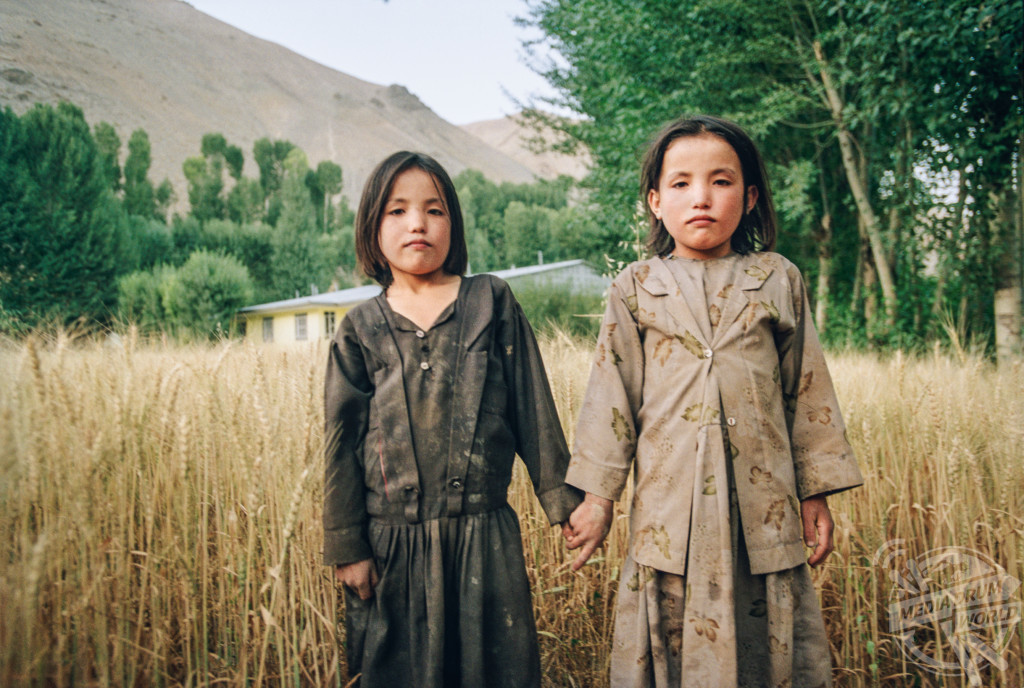
Among its raft of awards, the documentary notably won Best Photography at the Sundance Film Festival.
This completely new and unique perspective on one of the hotbeds of the world, which is released at the end of March, captures Pieter-Jan’s seven-year journey in the war-torn country.
During his time there, he followed the country’s children and the daunting challenges they face – whether it is working in the Afghan mines or digging up old Soviet mines to sell on the explosives within.
His photography captures the lives of the common man and woman, the country’s rich heritage, and focusses on the children and teenagers in the war-ravaged country.
Pieter-Jan had long been captivated by photos of the central Asia country taken by Roland and Sabrina Michaud in the 1960s and wanted to see the ‘enchanted land’ for himself.
“I was touched by seeing ‘the other Afghanistan’ which is scarred by a war that has been going on for more than forty years,” he explained.
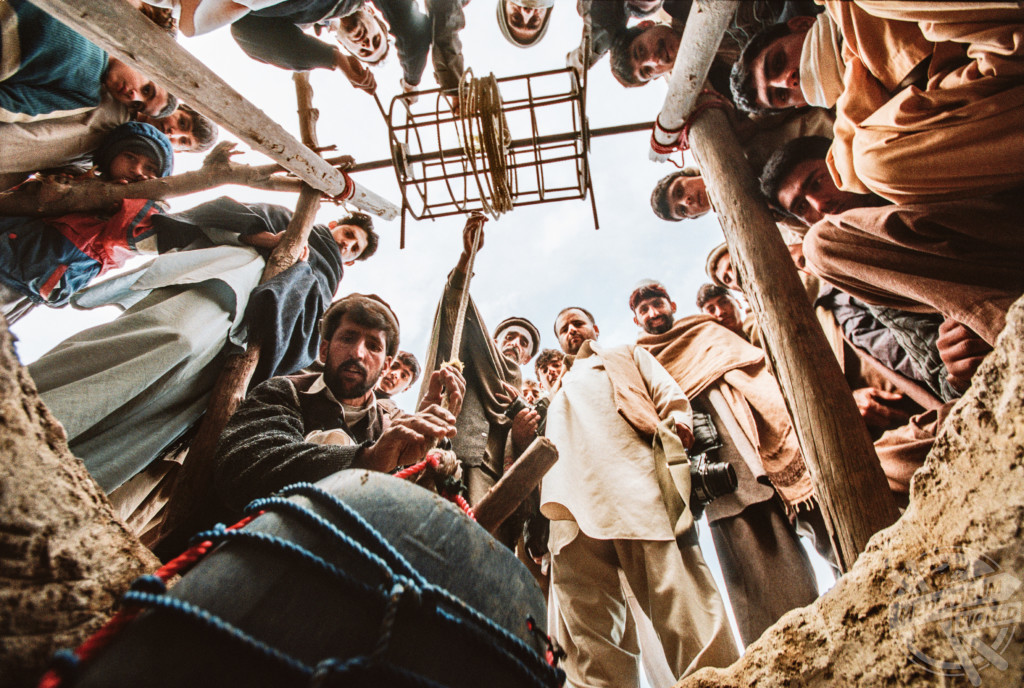
“Therefore it was a great shock for me when I first ended up in Afghanistan that, in spite of the war and the quickly changing Kabul, there was so much preserved on the countryside of what I had encountered through the photos of Michaud.
“The war left its traces, both in the scenery and in the people who lived in the most remote areas.
“Of course the risk of stepping on a land mine or of running into Taliban militia created a different atmosphere than before the war.
“But just like the Michauds half a century ago I was impressed by space and time, I discovered another way of thinking with the inhabitants and experienced a distinct spirituality.
“In Afghanistan you can see a simplicity, a simplicity that is simply beautiful.”
In 2021, Afghanistan will enjoy 100 years of independence after defeating a war-weary British army in 1921.
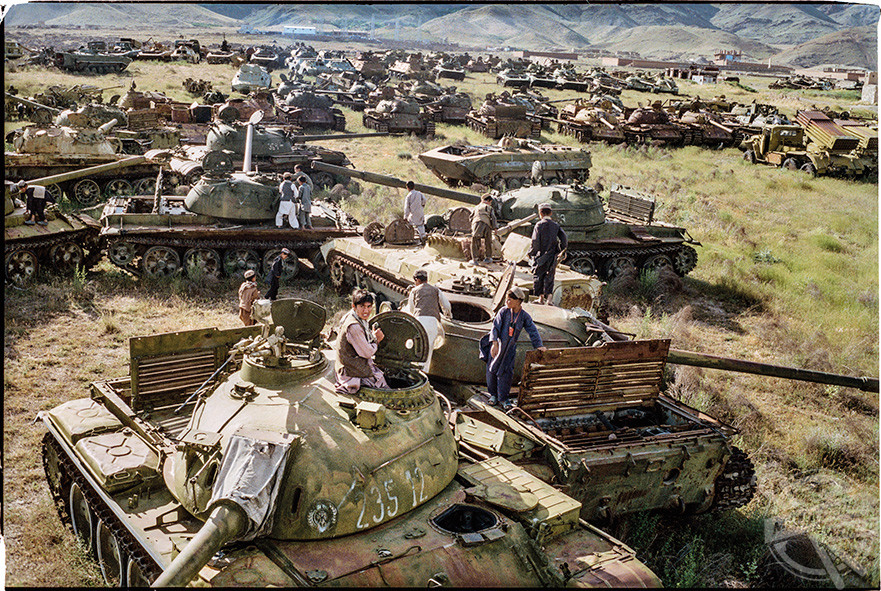
For the first few years, the country found its feet and introduced sweeping socioeconomic reform and a monarchy.
Following a public revolt against an overzealous king in the early 30s, in 1933 Zahir Shah became king.
He brought stability and prosperity to the country and ruled for the next 40 years.
However, in 1973 there was a fresh military coup and the simmering country has suffered almost perpetual warfare and political disasters since.
In the last 50 years, there have been bloody communist uprisings; brutal civil war; the rise of the Taliban and Al Qaida; conflict with Russia, the US, Pakistan, and the UK (amongst others); a cat-and-mouse game involving terrorist warlord Osama Bin Laden; numerous refugee crisis; countless suicide attacks; and much bloodshed besides.
The Taliban, who claimed responsibility for the 9/11 attacks which murdered over 3,000 civilians in New York, had controlled most of the country since 1996 but were overthrown in November 2001 by British and American armed forces, as well as lots of Afghan fighters from a group called the Northern Alliance, as part of the ‘war on terror’.
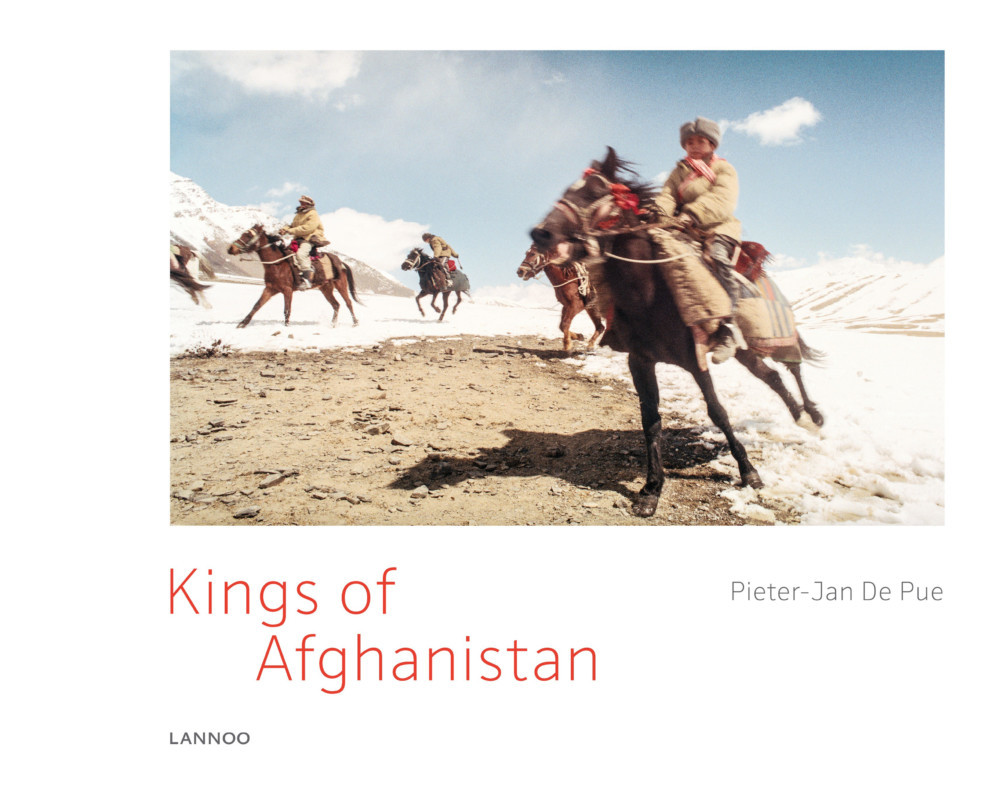
18 years later, the US army still has troops stationed in the country which is still considered to be dangerously unstable.
The UK withdrew its combat forces in 2014, 13 years after they first entered the country.
Not surprisingly, Afghan citizens look back at the peace and serenity of the mid-20th century hungrily.
“While we were filming The Land of the Enlightened I discovered how many times the word ‘King’ was being used. From the indestructible Russian Kamaz trucks ‘King of the Road’ to the legend of Rudyard Kipling in Nuristan about ‘The Man Who Would Be King’,” added Jan-Pieter.
“A lot of Afghans still look back with great nostalgia to the rule of Zahir Shah, the last king who ruled Afghanistan in times of peace.
“To understand that fascination for the notion ‘King’, ‘Khan’, ‘Raïs’, or the local leader you have to know that the country has always been naturally divided into local ethnical power structures and tribal relationships of which the government in Kabul had almost no control.
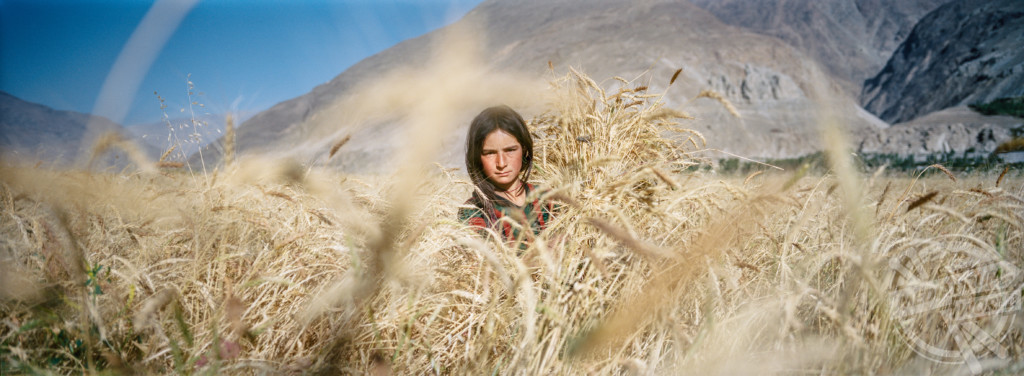
“During centuries there were fights between rival families and tribes about water and fertile soil, a battle to survive.
“When an area belonged to a certain family or tribe, they often built a fortress or fortification to protect that area against thieves, rival tribes or other great threats.
“From that moment on, a man was a ‘king’ in his valley or on his mountaintop, in his kingdom or ‘patschahi’.
“You had to treat a king with the greatest respect, spend hours or days with him and drink tea in order to understand what he expects of you so that he will make it possible for you to do a film shoot in his area.
“The central power in Kabul, nor the Americans, nor the Soviets, nor the Taliban were able to take control of them.
“Their strong independence and their pride of ruling their land in their own way, made sure I quickly understood why Afghanistan became a swamp for all invading armies in recent and not so recent history.”
Pieter-Jan De Pue’s Kings of Afghanistan: Wars and Dreams in the Land of the Enlightened, published by Lannoo, is available here.




